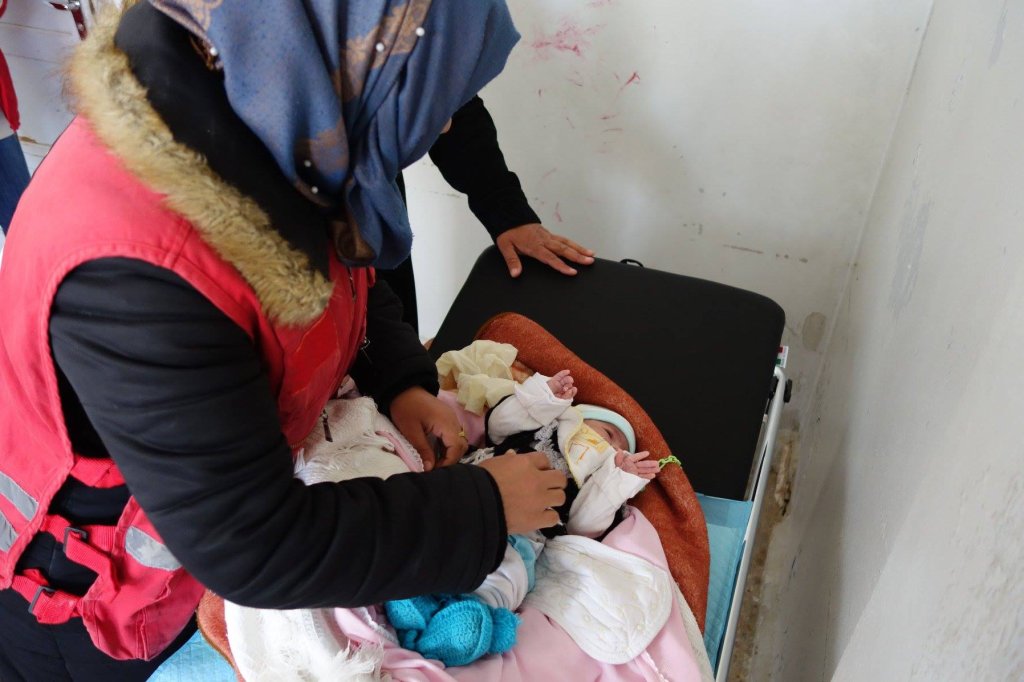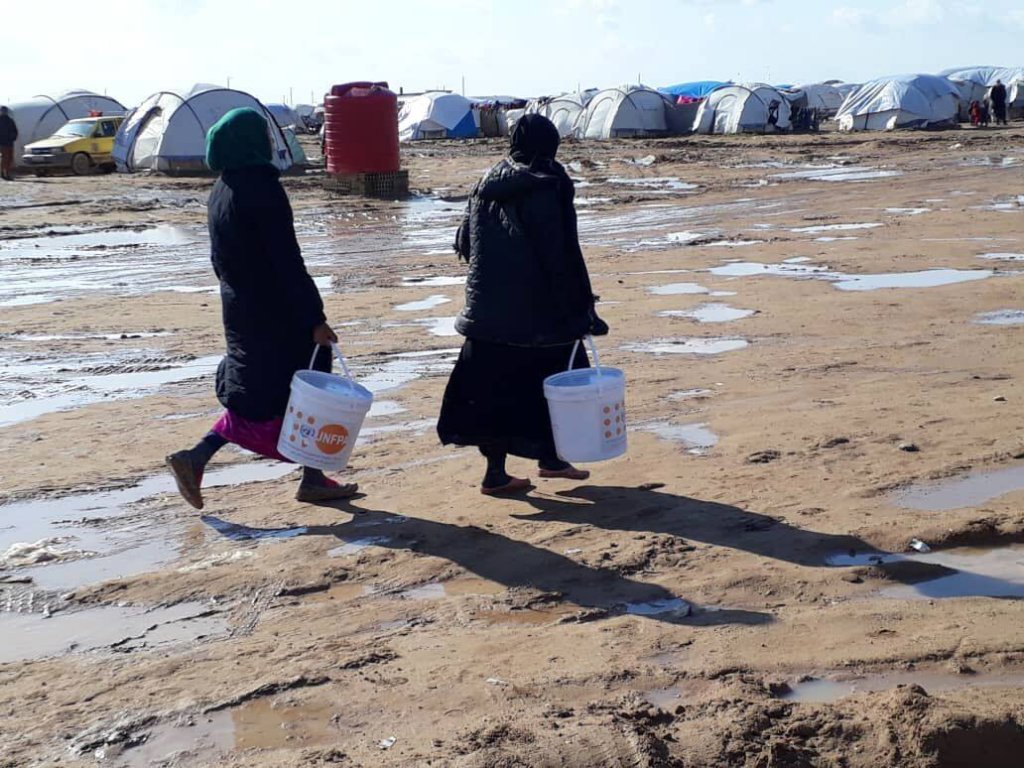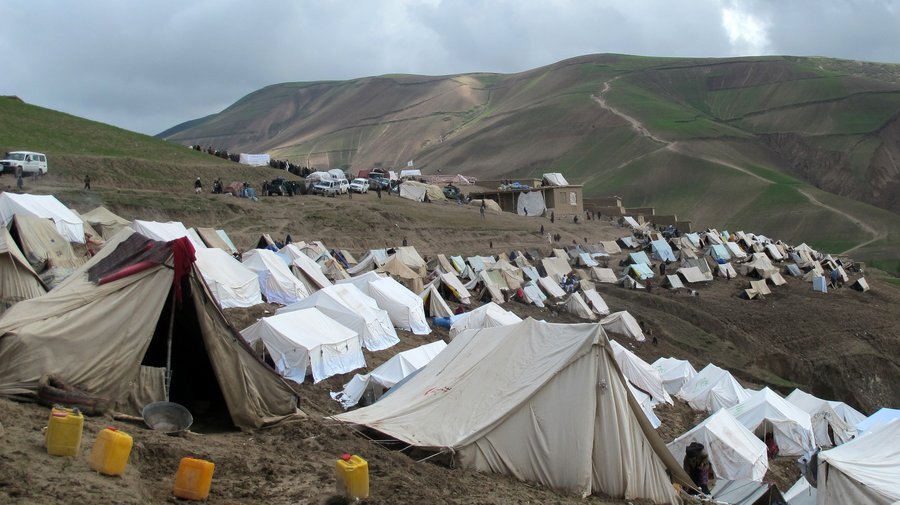Turning Cold: The Impact of Winter Weather on Women’s Reproductive Health and Rights

When you think of places like Afghanistan, Syria, or Iraq, you might picture expansive deserts and a burning sun. But in reality, much of these countries are mountainous and can become bitterly cold in the winter months.
The change in seasons is especially harmful to migrants and refugee communities, who may live in flimsy housing, if they have any shelter at all. Death from exposure can occur even in temperatures as warm as 60 degrees Fahrenheit, especially if it is also rainy or windy.
Cold weather can also affect rural communities and communities that rely on livestock for their livelihood. Rural populations may have to travel farther to access health care or other resources. But, in harsh weather, this travel may not be possible. And, herding communities may lose their source of food, warmth, and income if their livestock die of exposure.
When families have limited resources, women and girls are the first to go without food, adequate clothing, or essential services like education and health care.
When families have limited resources, women and girls are the first to go without food, adequate clothing, or essential services like education and health care. At the same time, women and girls may be expected to care for other family members struggling to survive the cold.
When the weather turns cold, women in many areas face greater difficulty accessing reproductive health care and feminine hygiene products.
UNFPA’s Cold Weather Kits

When ISIS came to her town in Iraq, Ansam fled in the middle of the night with her three children. For six weeks, all she had to wear were the pajamas she had been sleeping in before she left. Ansam said it was “impossible” to secure basic items. “I need pads, underclothes, shampoo. This is not luxury… They are basic needs for every woman.” She received a UNFPA cold weather kit, which contains underwear, soap, menstrual products, winter clothes for herself and her children, and blankets.
Dr. Shehab, a gynecologist who operates a UNFPA mobile clinic in a rural part of Syria, also distributes cold weather kits. He explained that people had to go to extremes to stay warm. “They were burning whatever was accessible – nearby plastic, wood, or even clothes.”
But, sometimes even a fire isn’t enough. One family of Syrian refugees in Lebanon sent their two boys to stay with a neighbor during a blizzard. The parents stayed home with their infant daughter, who was still breastfeeding. The boys and their parents were safe, but, tragically, the girl froze in her mother’s arms. UNFPA has provided the family with cold weather kits and has helped them add windows and a door to their home.
Millions of people live in fear of what the winter can bring. Over 3 million Iraqis are displaced and more than 6 million Iraqis are in need of humanitarian aid. In Syria, the world’s largest refugee crisis, more than 12 million people are displaced and 11 million are in need of aid. And, after the fall of their government just a few months ago, 20 million Afghans and counting require humanitarian assistance.
On the Brink in Afghanistan

In the last few months, UNFPA has distributed 20,000 cold weather kits in Afghanistan to women-led families. These families are particularly at risk as women’s ability to freely move about their communities, including to secure income, is diminishing. Because they may face economic hardship, women-led families might also experience hunger and run out of fuel for heat. And when women are less able to leave their homes, they lose access to essential health care. This includes family planning and other reproductive health services and support after experiencing gender-based violence.
But, we are there. In addition to cold weather kits, UNFPA also operates mobile health clinics to deliver women reproductive health care, no matter what. And, with your support, we can do even more to reach women, girls, and families this winter.
Donate today to deliver warmth to women and girls, no matter what.